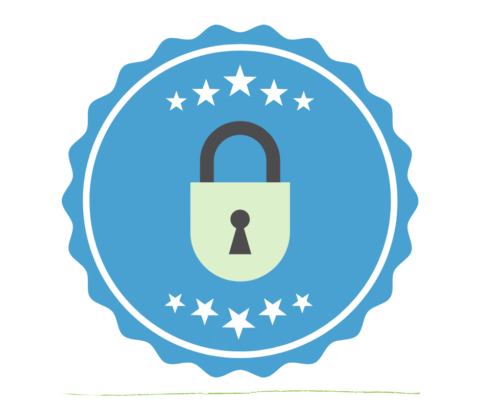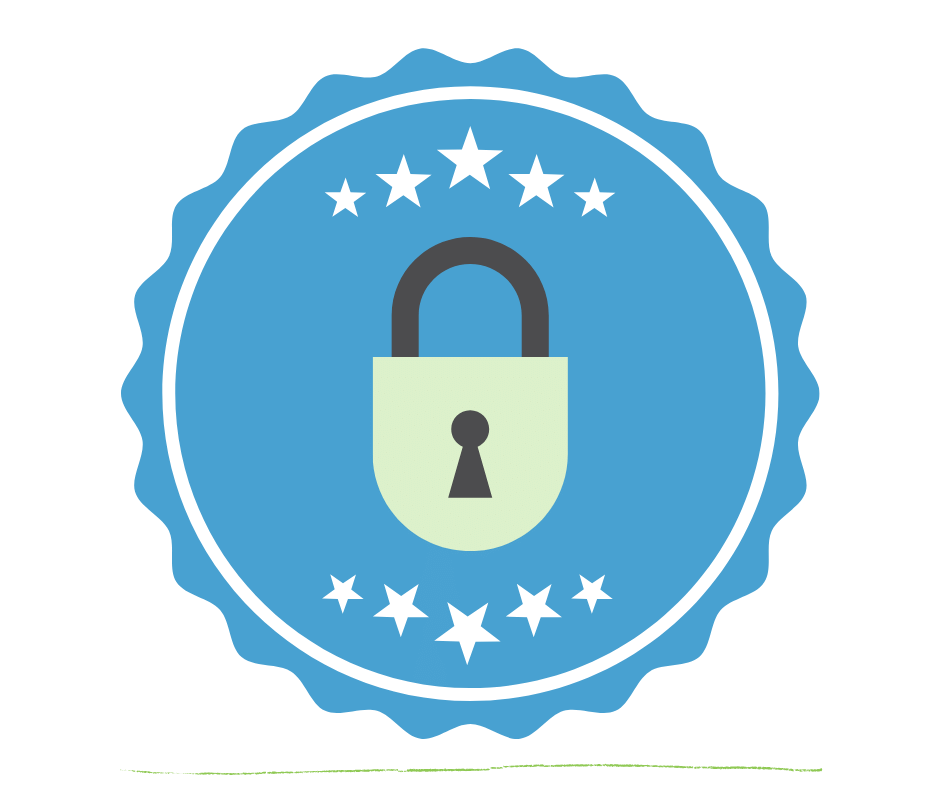Security Awareness – Avoiding Inappropriate Disclosures of PHI
0.3 Hours. Self-Study Seminar w/ Video and Learning Exercises.
Developed by: Roy Huggins, LPC NCC; Liath Dalton
Presented By: Roy Huggins, LPC NCC; Liath Dalton
Course Description

This course provides a supplementary and supportive HIPAA security training to help you meet your compliance requirements.
You’ll learn these tips to prevent inappropriate disclosures:
- Don’t Assume
- Double Check
- Be Firm
This is not a continuing education course
Educational Objectives
- Use various means to authenticate an asker’s identity or correct contact information
- Set kind but direct boundaries around PHI disclosure
- Be consistent in following appropriate procedures for disclosing PHI
Syllabus
- When do we typically disclose PHI?
- Methods of authenticating recipients of PHI
- Situations where inappropriate disclosure of PHI may occur
- Errors that create accidental disclosures
- Techniques used by malicious actors to elicit disclosures
- A 3-step checklist for avoiding inappropriate disclosures of PHI
References
- US Dept. of Health and Human Services. (2006). HIPAA Administrative Simplification . Washington, DC: Author.
- US Dept. of Health and Human Services. (2013). HIPAA Omnibus Final Rule . Washington, DC: Author.
This course is part of a bundle of security awareness courses.
Presented/Developed By
 Roy Huggins, LPC NCC, is a counselor in private practice who also directs Person-Centered Tech. Roy worked as a professional Web developer for 7 years before changing paths, and makes it his mission to grow clinicians’ understanding of the Internet and other electronic communications mediums for the future of our practices and our professions.
Roy Huggins, LPC NCC, is a counselor in private practice who also directs Person-Centered Tech. Roy worked as a professional Web developer for 7 years before changing paths, and makes it his mission to grow clinicians’ understanding of the Internet and other electronic communications mediums for the future of our practices and our professions.
Roy is an adjunct instructor at the Portland State University Counseling program where he teaches Ethics, and is a member of the Zur Institute advisory board. He has acted as a subject matter expert on HIPAA, security and clinical use of technology for Counseling licensure boards and both state and national mental health professional organizations. He has co-authored or authored 2 book chapters, and he routinely consults with mental health colleagues on ethical and practical issues surrounding tech in clinical practice. He served for 5 years on the board of the Oregon Mental Health Counselors Association and then the Oregon Counseling Association as the Technology Committee Chair.
He really likes this stuff.
Course Co-Presenters
 Liath Dalton is PCT’s deputy director and a co-owner. Liath is especially passionate about helping therapists be resourced and supported in navigating the security compliance process and identifying the solutions and processes that meet the particular needs of their practices. Liath’s consultation area of expertise is focused on selecting the right combination of services and tech that not only meet the legal-ethical needs of mental health practices, but also the functionality, efficiency, and cost-effectiveness needs as well.
Liath Dalton is PCT’s deputy director and a co-owner. Liath is especially passionate about helping therapists be resourced and supported in navigating the security compliance process and identifying the solutions and processes that meet the particular needs of their practices. Liath’s consultation area of expertise is focused on selecting the right combination of services and tech that not only meet the legal-ethical needs of mental health practices, but also the functionality, efficiency, and cost-effectiveness needs as well.
Program Notices
Accuracy, Utility, and Risks Statement: This course is a short security awareness course. it is intended to be used in conjunction with a HIPAA security compliance program.
Conflicts of Interest: None.
Commercial Support: None.
This course is subject to our cancellation/refund policy and complaint policy.

